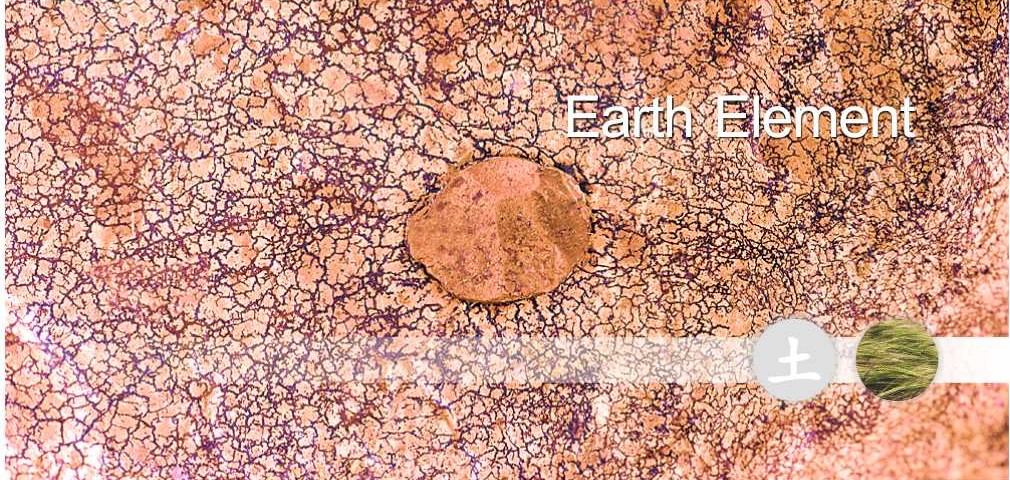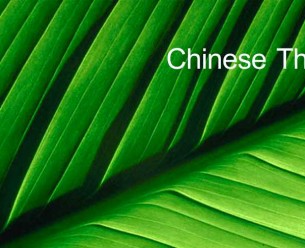I spent an inspirational day with Dr. Wang at Lupton House in Brixham learning about Qigong and Tuina (a form of Chinese massage.)
Dr. Wang is a Traditional Chinese Medicine (TCM) doctor, with a Tuina Major. He is also Vice-President of Shanghai’s Martial Arts Association, and a first-class Master in the Traditional Chinese Arts of Taiji (Yang and Wu), Xing Yi, Ba Gua & Qi Gong (medical and martial). It was a real privilege to meet and learn from someone so immersed in wisdom.
He began by reminding us of the importance of looking after our own health. Although this may seem almost too obvious to worry about, as is often the way with Chinese Medicine when you look closer it becomes even more explicit. Dr Wang explained that in the end all pain is in fact the lack of flowing energy. In order to heal we must use our flowing Qi to encourage the flow in the patient. If the practitioner’s Qi is blocked or stagnant, this will lead to tenseness in their movements. The patient will feel the tenseness, and they will not improve.
The practitioner will also draw the tenseness of the patient in and make them self ill. Therefore, it is not the case that the practitioner’s health deteriorates at the expense of the patient. If the practitioner is not well, the patient doesn’t get better either.
With this in mind we then went on to learn some very important exercise to awaken the body and keep the vital Qi flowing smoothly.
Warm up
Start with feet hip width apart in a comfortable standing position. Tail tucked under, shoulder back and down, chin slightly tucked in. Raise your arms up in the air and simultaneously move up on to tip toes, in a fluid motion drop the hands down, bend the knees slightly and rock back onto your heals. Repeat around 25 times. Dr Wang says this exercise starts the circulation.
Exercises
The next set of exercises are all aimed at awakening the vital organs. We do this by thumping various areas of the body. Dr Wang told us that the pressure applied must be hard enough to create heat and that our intention should be on the back of the hand. When he demonstrated the level of force it was really quite strong.
During the movements we were told the arm should be like a whip not a stick (Sticks are static inside, and you need to allow the Qi to move inside). Make sure you move in a fluid and comfortable way.
1. Starting in the same position as the warm-up, bend the knees slightly and begin to swing the arms gently from side to side. Move head from side to side too. The movement should come from the upper back. Do not allow the knees or ankles to twist. Once you are swinging comfortably choose one side and use the opposite arm to swing across the body and slap the area just below the collar-bone and just inside the should joint with an open hand. Do this 10 times on one side and 10 to the other side.
Dr Wang says this exercise opens up the lungs, which moves the blood to the heart and then up to the head. In this way it activates the whole of the upper body and the blood. When the Qi raises to the head it is like turning on the lights. We feel energise and happy and alive.
2. For the second exercise continue swinging in the same way but this time you are going to make contact with the back of the body. You are aiming for the area just below the lower apex of the shoulder-blade. This time use a closed fist. Again 10 on each side. Dr Wang told us this exercise affects all the internal organs because it activates the Bladder channel, which runs from your toes to your head and is closely linked to the nervous system. In Chinese Medicine the Dan Tien which is the area of the Bladder is known as the second mind.
3. In the third exercise we return to the front again. His time we are slapping the side of the abdomen, so that the heal of your fist is level with the belly button, finger-pointing down. Open hand, 10 x each side. We were told this exercise warms up the gut and increases circulation to the digestive system. This is especially important as we age. It also helps to strengthen the legs as in Chinese Medicine the legs are connected to the Spleen which is considered to be an important organ of digestion.
4. For the fourth exercise we swing the arms behind the body again and are aiming to hit the outside of the opposite buttock with a closed fist. If you feel the outside of the buttock, there is a dip about a third of the way out from the middle that is often tender to pressure. This is where you are aiming. You may need to swing further for this one, rotating more from the waist but still make sure you do not twist the knees or ankles. 10 x each side. Dr. Wang explained that this exercise is very important for strength. It enlivens the Kidneys – the source of our original Qi. In Chinese Medicine it is Original Qi circulating in the blood that gives us life.
5. For the final exercise swing the arms over the front of the body and hit the area at the top of the shoulders between the neck and the bone with a closed fist. This area is often tense so start a little more gently! This exercise helps to relax the whole shoulder and neck area.
Dr Wang then talked to us about the way that Eastern thought contrasts with our Western paradigm, which I found particularly interesting. He was very keen to emphasise the importance of the way we use our minds. He was insistent that we must remember that EVERYTHING is relative. He believes that our tendency in the West to create absolutes, is the cause of many of our problems. The way he put it was that here we tend to think in terms of:
yes OR no
Whereas, in fact nature does not operate this way. As the Yin Yang symbol teaches us, everything is interconnected and relative, which actually leads to situations much more a kin to:
yes AND no
Dr Wang believes that we need to change our thinking, and he claims that once internalised this small shift will change everything. This in itself is also vital for our health and happiness, he explained, as every thought that crosses our mind affect our nervous and endocrine systems, which in turn affects our organs, which will also affect our physical body. Changing the way we think can change our entire physiology. You can find out more about Dr Wang on his website: http://www.taijiwang.org/



